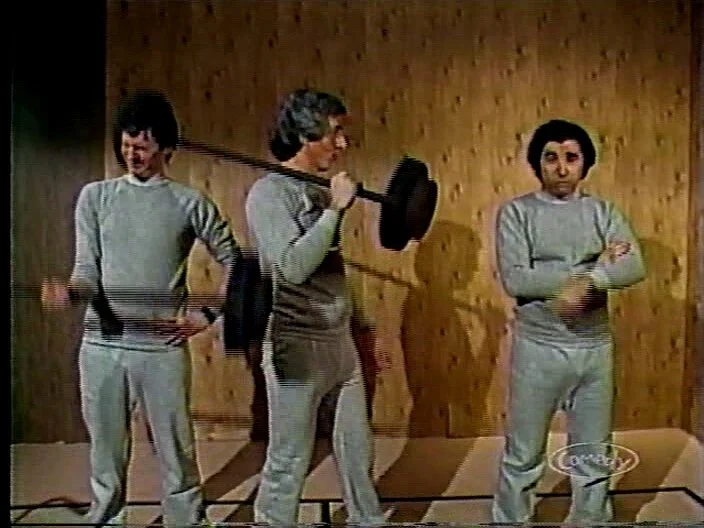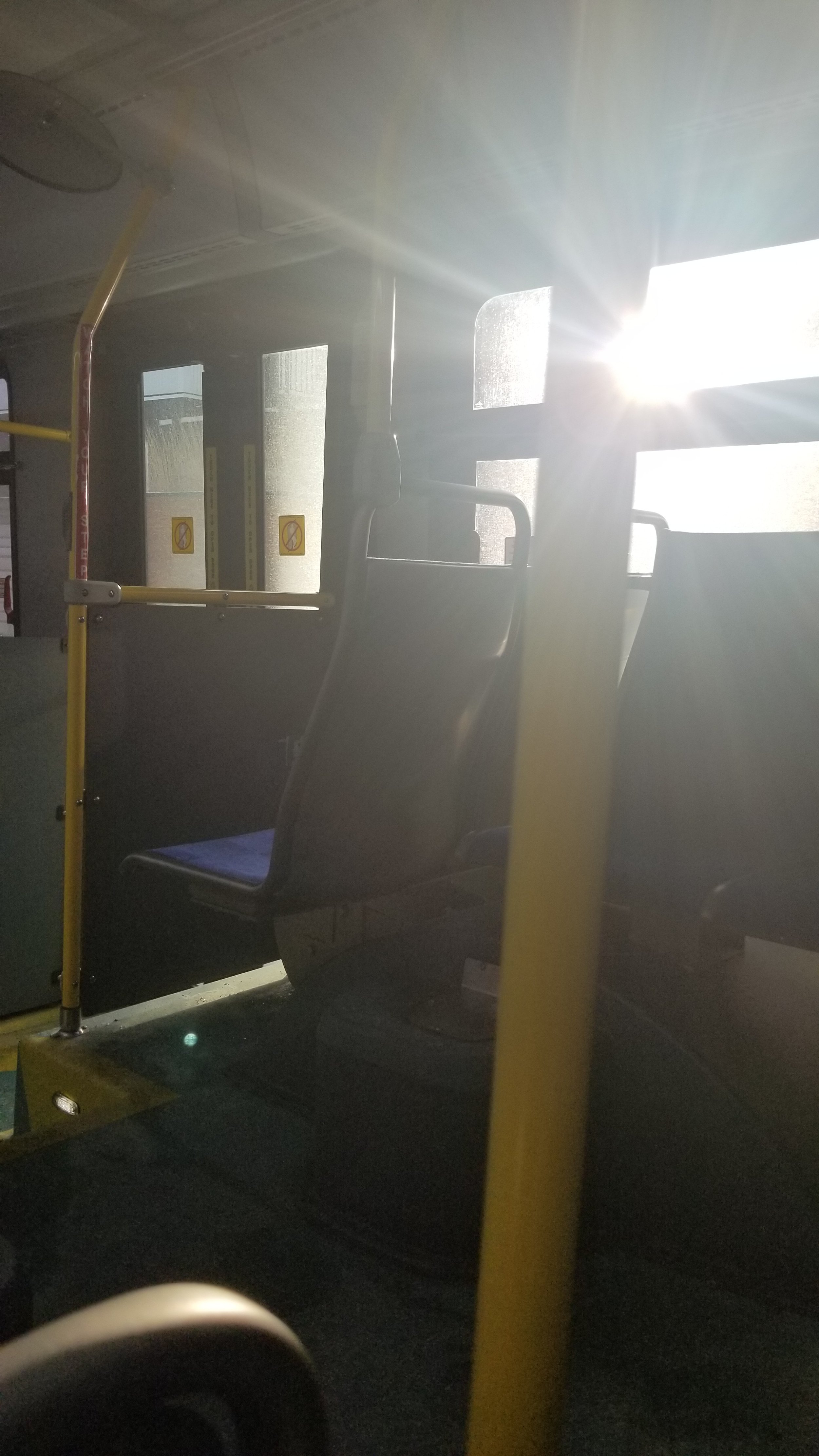Emily Prager: Prager didn't even appear on-camera during her only live show. She has, however, appeared on the show before and after her tenure as a featured player: she was a girlfriend of Tom Davis' and appeared occasionally as an extra around 1977-78; she and Davis also appear in the Button film next season.
Strongest shows:
- Karen Black / Cheap Trick, Stanley Clarke: (Average rating: 3.18/5) The show where everything seemed to go right. It's not flawless (SNL rarely is) but the combination of an energetic host, more determined writing and a receptive audience worked wonders. As much as Black and the audience kept things lively, the victory belongs to the cast and writers.
- Bill Murray / Delbert McClinton: (Average rating: 3.11/5) This is the textbook example of the host bringing a boost to the show. The previous four shows were dispirited affairs, and the prior show in particular contained the moment that overshadowed the rest of the Doumanian-era. Murray shows up and infuses what would be the final Doumanian-produced SNL with energy and the sense of fun that had all but vanished in the second half of the season.
- No Host / Jr. Walker & The All-Stars: (Average rating: 2.88/5) Ebersol takes over, cleans house (as much as the budget would allow), and makes an appeal to nostalgia with his first show. It's weighed down by Chevy Chase's disappointing Weekend Update return engagement, but this one remains consistently watchable if not an all-out return to form.
Weakest shows:
- Robert Hays / Joe "King" Carrasco & The Crown, 14 Karat Soul: (Average rating: 2/5) The string of mediocre-to-bad sketches that come after Weekend Update is the air seeping out of the SNL '80 tire that they finally were able to inflate the week before.
- Jamie Lee Curtis / James Brown: (Average rating: 2.22/5) The first three shows of the season had enough highlights to counteract the weaker material. Here is where the good to bad ratio finally tips to to the other side; while nothing in this show is as bad as "Commie Hunting Season", a significant number of sketches were underdeveloped and uninspired.
- Charlene Tilton / Todd Rundgren, Prince: (Average rating: 2.26/5) A fair amount of OK material here, but the backstage runner that culminates in "Who Shot C.R." is underwhelming, and the highs don't really offset the lows enough.
Best sketches:
- The Writer (03/07/81) Bill Murray is in front but playing it straight, while the new cast gets the fun of acting out the revisions he makes to his story. Just a good sketch done well.
- Hospital Bed (01/17/81) Probably one of the saddest sketches the show has ever done, with Gilbert Gottfried's disembodied voice communicating the thoughts of a stroke victim. It's punctuated enough with humor to avoid mawkishness, but the writers wisely put the emotion of the scene first.
- Mister Robinson's Neighborhood (02/21/81) The debut of one of Eddie Murphy's signature sketches, pretty much fully-formed. The audience is on board by the end of the theme song.
Honorable mention: The Rocket Report - Fifth Avenue Charles Rocket's signature piece remains the place where his talents were best put to use.
Worst sketches:
- Commie Hunting Season (11/22/80) SNL tries to make a pointed statement about the Greensboro Massacre acquittals; it's uncomfortable and alienating, but without the humor to redeem it.
- Ravi Sings (01/24/81) The only joke in the sketch: a cartoonish portrayal of an Indian musician singing American love songs.
- Badgers (12/13/80) A grating, amateurish sketch that hinges on a pun.
Best musical guests:
- James Brown His sweat-drenched eight-minute medley of classics is a high point of both the season and the series, especially when taking into consideration that the band exceeded their allotted time.
- 14 Karat Soul Five young singers with no instrumental accompaniment get one of the biggest reactions from the audience this season.
- Stanley Clarke Trio Instrumental jazz-fusion that rocks as hard as any other musical guest this year.
Worst musical guests:
To be honest, I couldn't really say that there were any truly bad musical guests. Joe "King" Carrasco may have had a rough and raw sound but it was clear the band was going for energy over technique, and the worst I could really say about Ellen Shipley is that she was decent but a little generic-sounding. The other musical guests only really pale in comparison to the stellar choices Doumanian (and whoever else was involved in snagging musical guests) made this year. I wonder how much of the booking strategy was intentional and how much of it was necessity, but this was where the Jean Doumanian show had some of their biggest victories.
Writer tally and turnover:
(*) indicates the writer returned the next season, (~) indicates a previous writer returning to SNL.
Aside from Ferris Butler's contributions (special thanks goes to Butler for providing a lot of insightful information about the season, by the way), knowledge of Blaustein & Sheffield's partnership with Eddie Murphy and a handful of other sketches whose writers have been identified, I don't really know what each specific writers' voices are in the show and whether any shifts in quality were from writers joining or leaving, or being favored or disfavored. If anyone has more information regarding who was responsible for any sketches, please feel free to drop me a line.
Full season:
- Barry W. Blaustein*
- Billy Brown & Mel Green
- Patricia Marx
- Douglas McGrath
- Pamela Norris*
- David Sheffield*
- Terrence Sweeney
Full Doumanian run:
- Larry Arnstein & David Hurwitz
- Ferris Butler
- John DeBellis
- Jean Doumanian
- Brian Doyle-Murray*~
- Leslie Fuller
Shorter tenure:
- Mason Williams (head writer, Gould through Carradine)
- Jeremy Stevens & Tom Moore (head writers, Sharkey through finale)
- Nancy Dowd (Gould and McDowell only)
- Sean Kelly (Gould and McDowell only)
- Mitchell Kreigman (Gould through Carradine)
- Mark Reisman (Harry through finale)
Post-hiatus hires:
- Mitchell Glazer
- Judy Jacklin
- Tim Kazurinsky*
- Matt Neuman~
- Michael O'Donoghue*~
- Tony Rosato*
- Dirk Wittenborn
An essay regarding the season as a whole will follow in a subsequent post.









































It’s been a while since I’ve posted here.